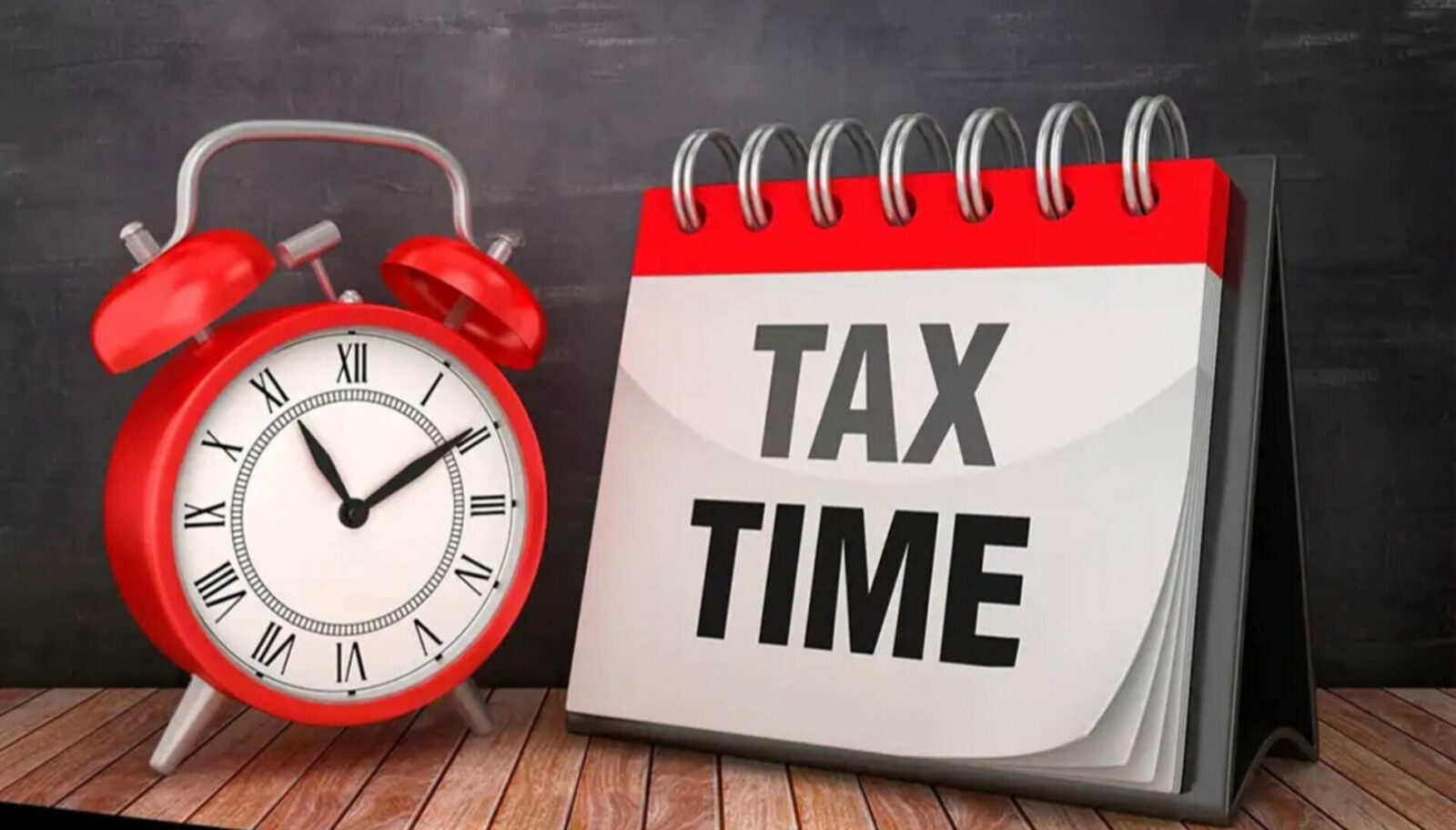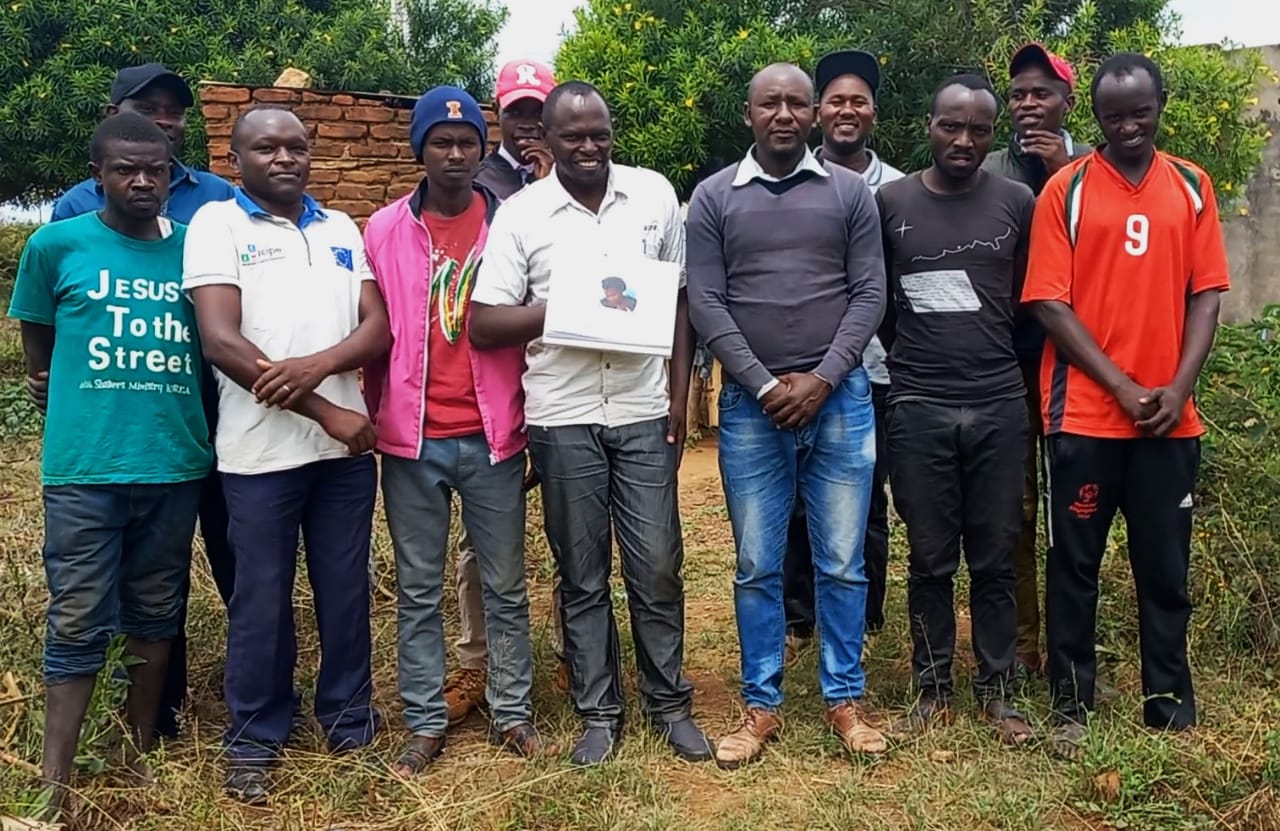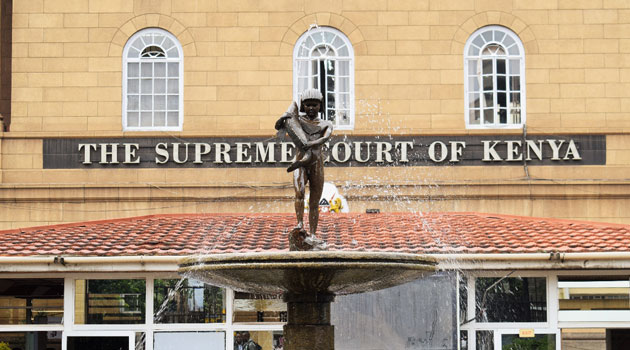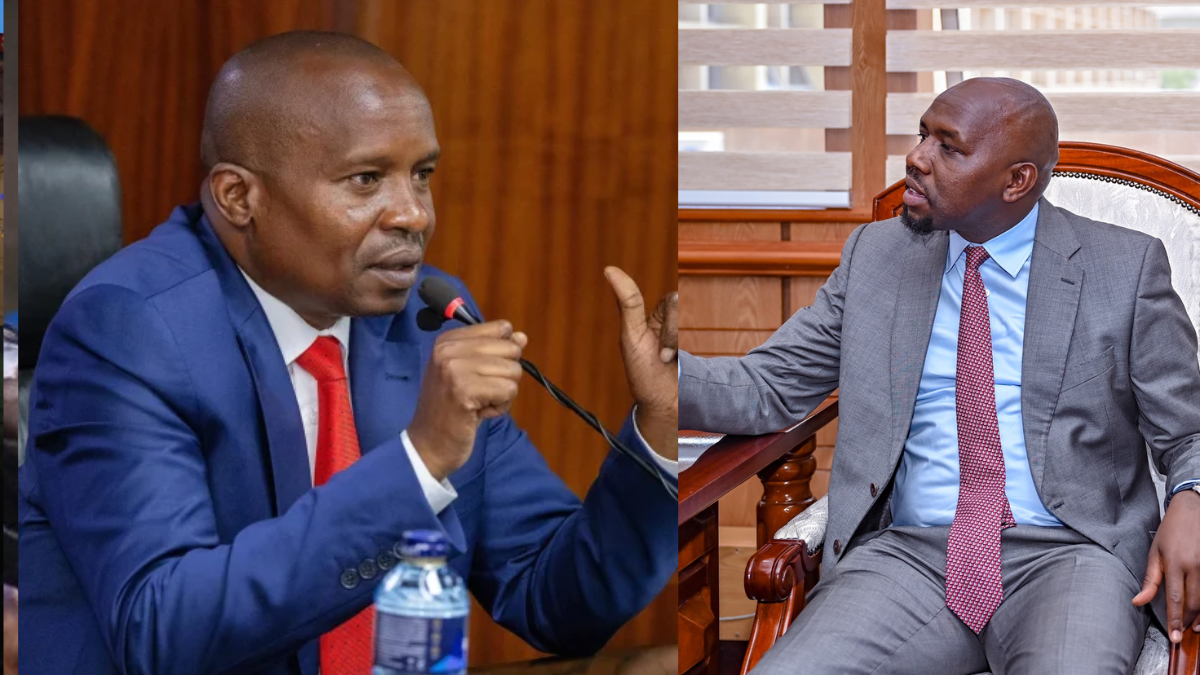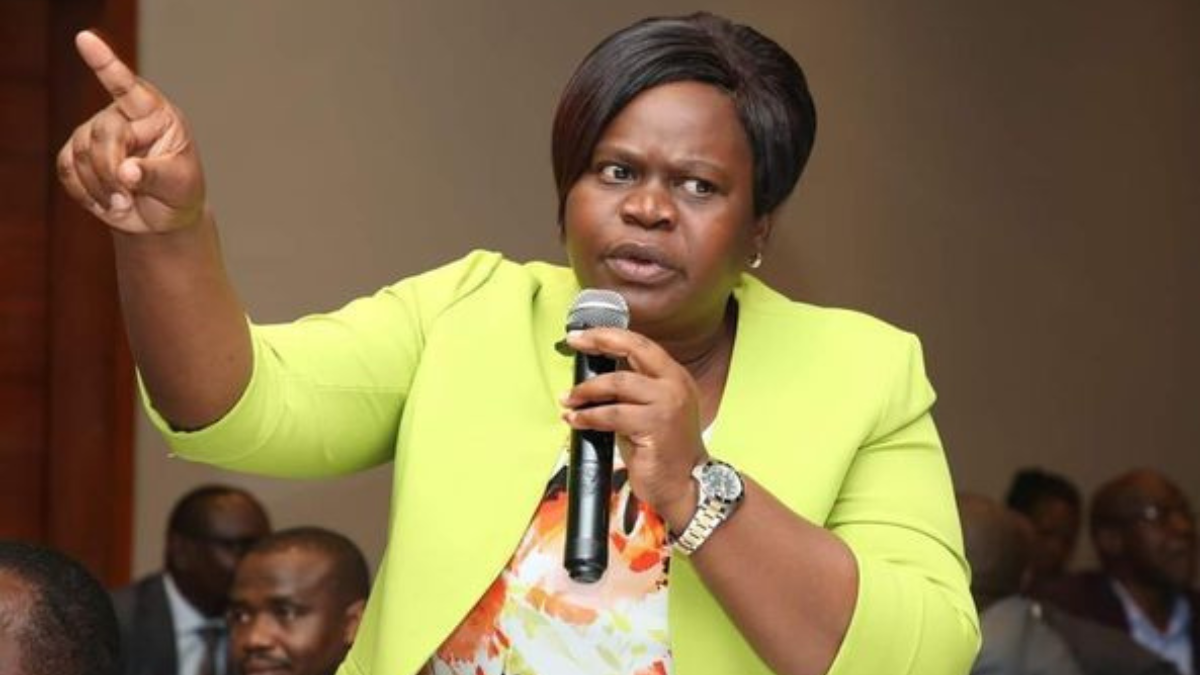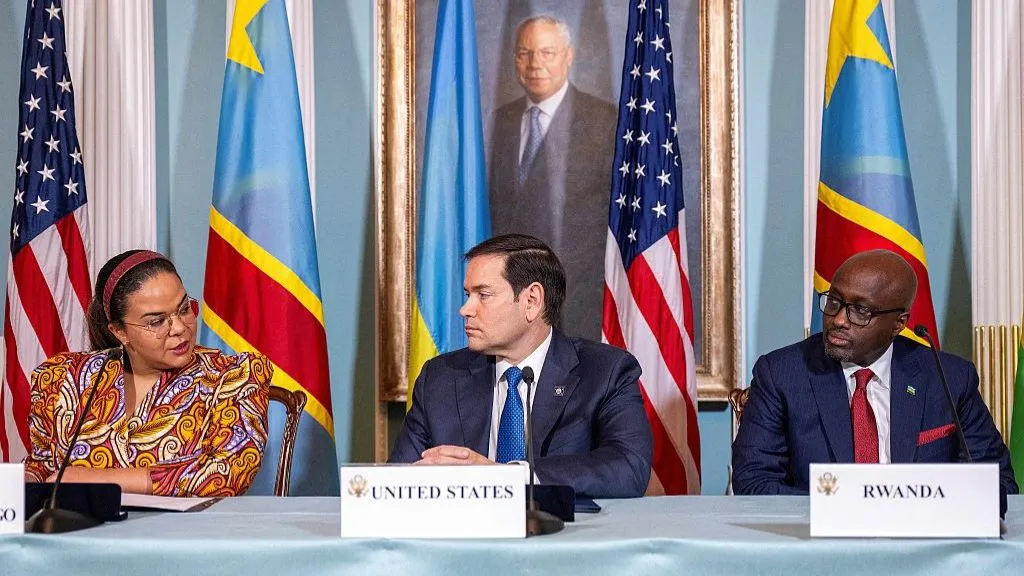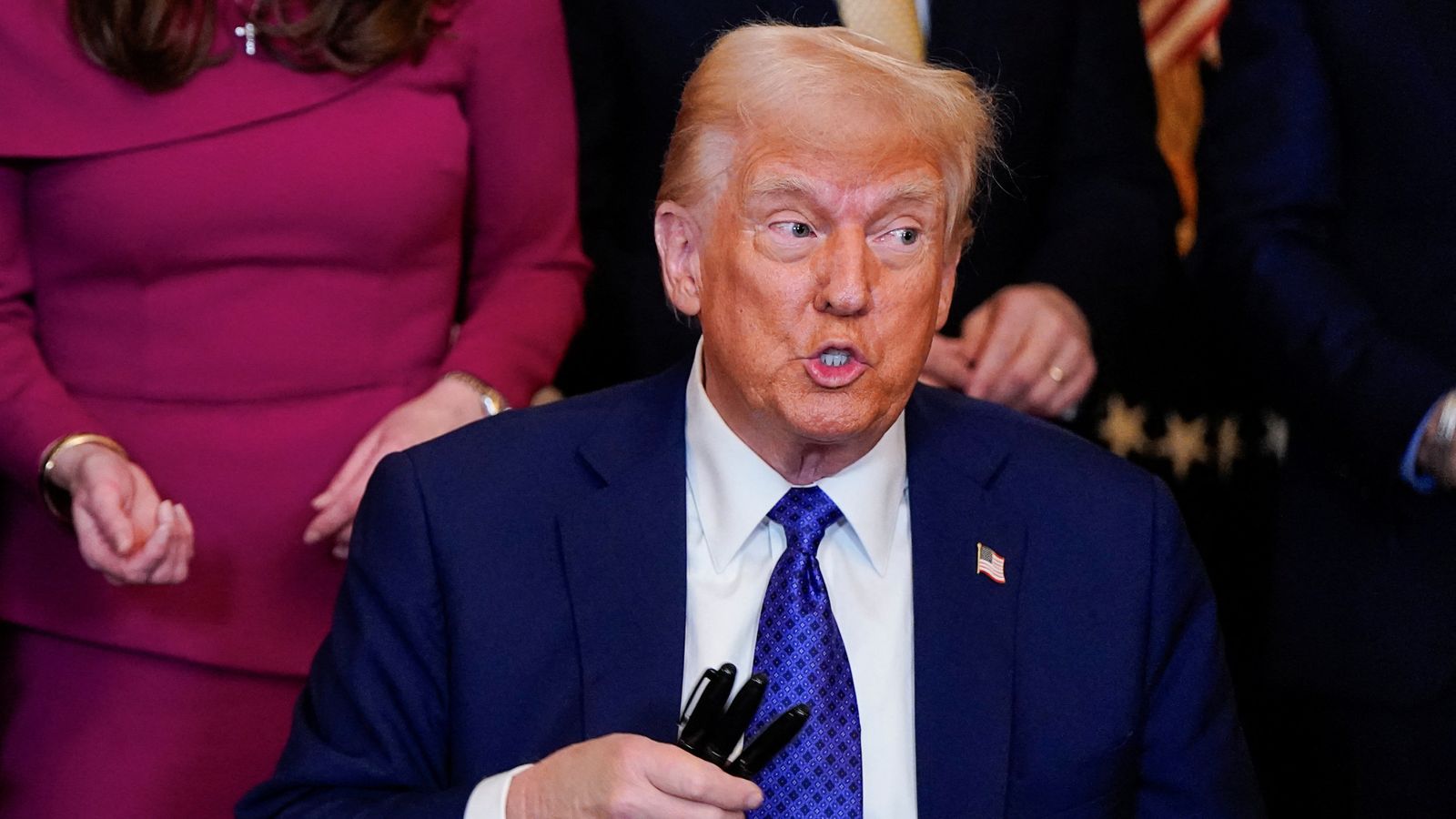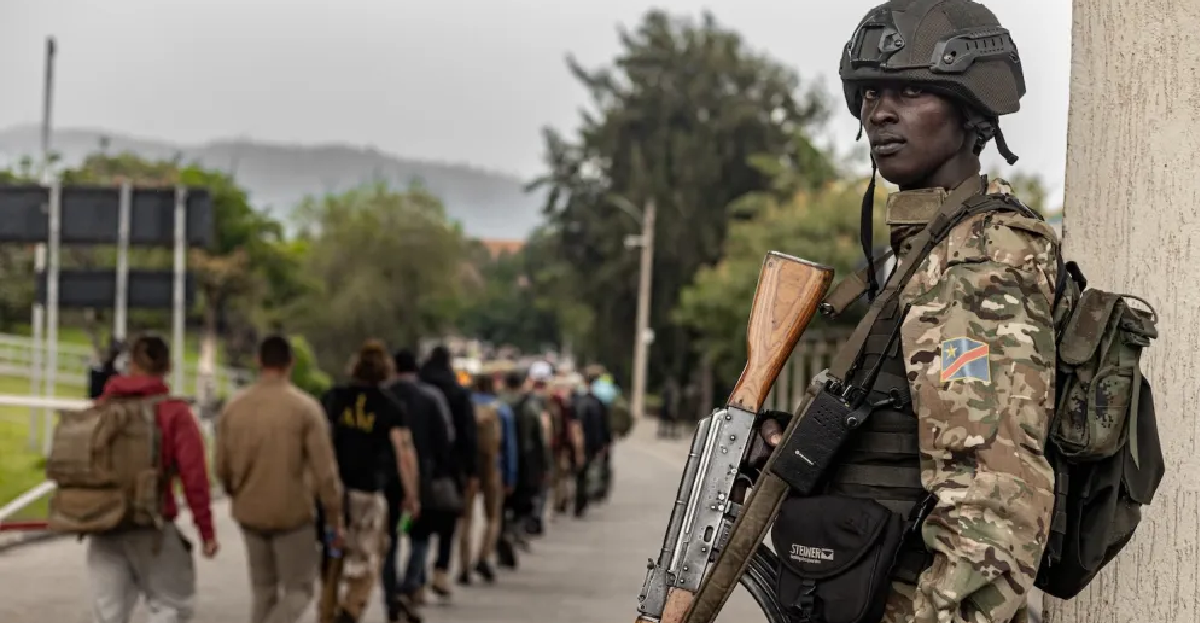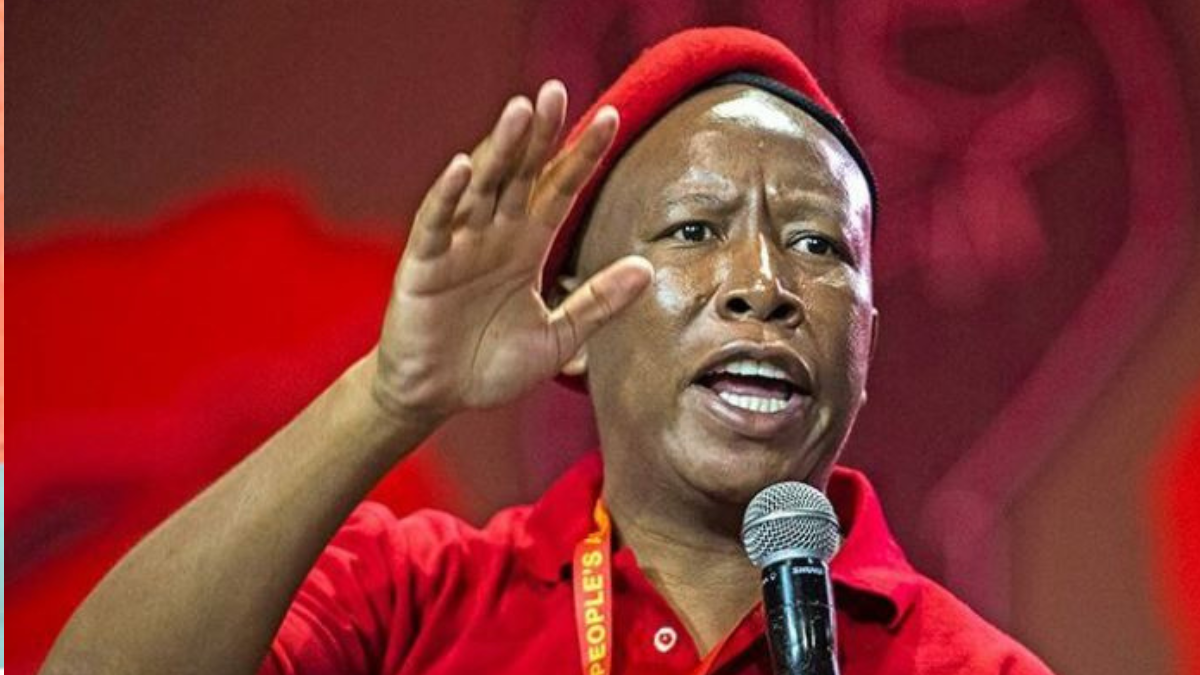South Sudan, the world’s youngest nation, is preparing for long-delayed general elections now scheduled for December 2026.
The initial date set for this pivotal vote was December 2024, but multiple obstacles.
Including the need for a national census, drafting a permanent constitution, and registering political parties—forced a two-year postponement.
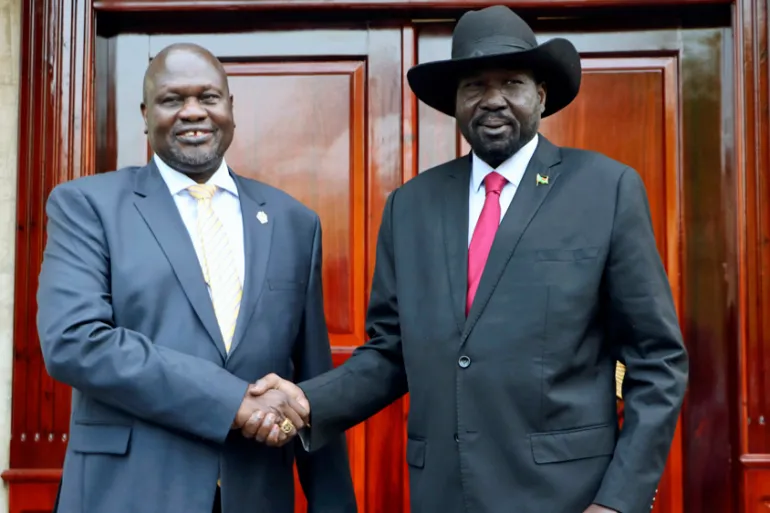
This delay, announced in June, extended the term of President Salva Kiir’s transitional government.
Abendengo Akok, head of South Sudan’s National Electoral Commission, emphasized that political commitment will determine the success of the elections.
He pointed to the 2018 peace agreement, which ended the country’s brutal civil war, as proof that progress is possible when leaders are united.
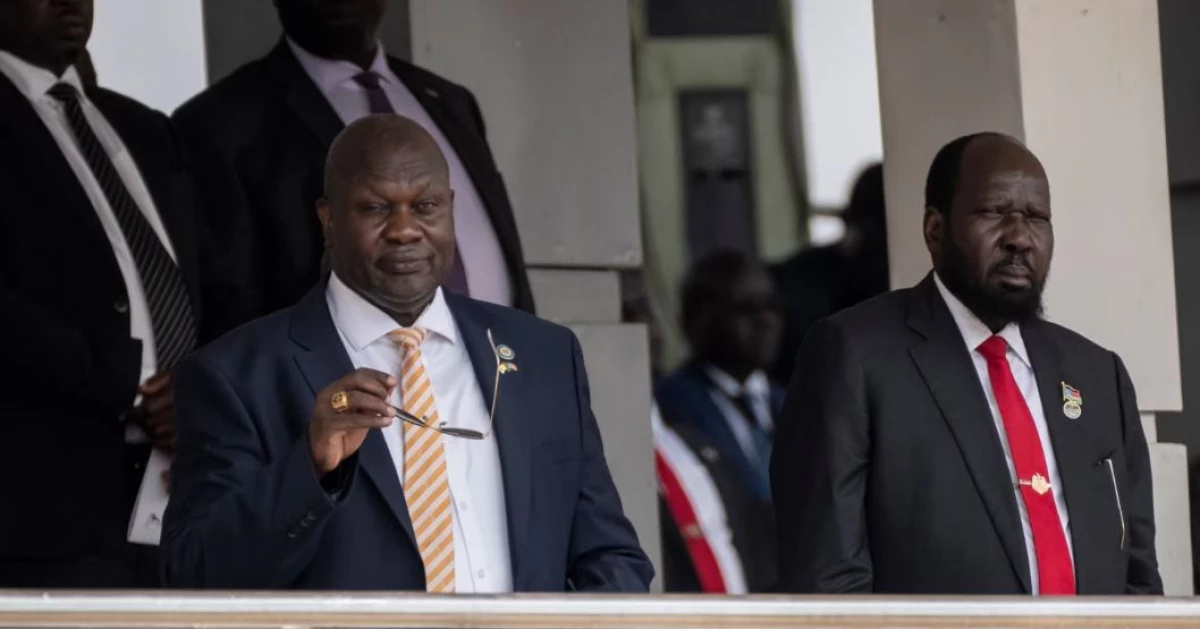
“If we are serious, two years are enough to prepare and hold credible elections,” Akok stated. However, he underscored that sufficient funding remains critical.
Nicholas Haysom, head of the United Nations Mission in South Sudan, echoed these concerns.
He warned that poorly managed elections could reignite conflict and destabilize the fragile peace.
“Properly prepared elections, coupled with trust-building efforts, can transform a potentially divisive process into a nation-building opportunity,” Haysom said.
He believes that collective participation in the electoral process will empower citizens to shape their country’s destiny.
South Sudan gained independence in 2011, but political turbulence soon followed.
The country’s first elections, scheduled for 2015, were derailed by a civil war sparked by a power struggle between President Kiir and his former vice president, Riek Machar.
The conflict claimed countless lives and displaced millions.
In 2018, a peace agreement was signed, setting the stage for elections. However, in June this year, Kiir and Machar once again agreed to delay the vote.
For citizens like Wani Yusuf, who cast his first vote as a teenager in the independence referendum, the delay fuels uncertainty. Now an adult, Yusuf dreams of participating in his country’s first democratic elections.
“Looking at the repeated delays, it’s hard to believe the elections will happen in two years,” Yusuf admitted.
Budgetary constraints remain a significant hurdle. Gabriel Deng, the deputy chair of the Electoral Commission.
Revealed that essential preparations-such as conducting a census and drafting electoral guidelines-will require up to 17 months.
Yet, these processes cannot begin without funding.
As 2026 approaches, South Sudan stands at a crossroads.
Whether the nation can overcome its financial and political obstacles will determine if its citizens finally get to cast their ballots in a free, fair, and peaceful election.


